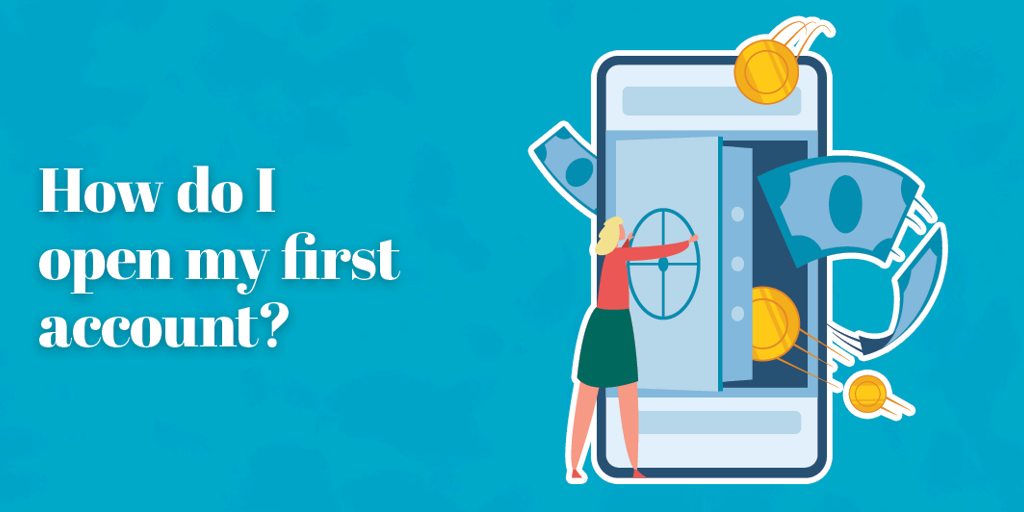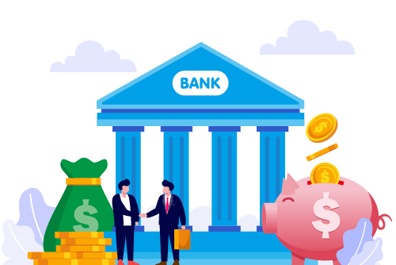


How do I open my first account?
Have you been keeping all your money in your wallet or in a jar on your dresser? Well, those aren’t exactly the safest places to store your hard-earned cash. Keeping your money at a bank is free and safe, and you can view your account totals online.
Another benefit of opening an account is that your money can grow with interest. A financial institution will pay you a percentage of your total balance just for keeping money in your account. While earnings from interest won’t replace regular income, your money will grow little by little without you having to do a thing.
Depending on the type of account that you open, you might be able to get a debit card. When you buy things with the card, the amount will automatically be subtracted from your account. In other words, you won’t have to worry about carrying around cash; you’ll simply need to be aware of how much is available in your account.
Banks offer different types of accounts that are specifically made to fit various goals and purposes. Some of the most common account types are:
of the most common account types are:
· Checking Account: With this account, you can spend money directly with a debit card or check. You can make withdrawals if you need cash.
· Savings Account: A savings account allows you to save money with the added benefit of accruing interest. You can’t spend money from this account directly, but you can transfer funds to another account or visit a community office or an ATM to withdraw cash.
· Money Market Account: This account is like a combination of a checking and savings account. You can spend from it directly and earn interest, but the number of transactions you can make is limited.
· CD (Certificate of Deposit): A CD is a long-term savings option that offers higher interest rates than a regular savings account. In exchange for those higher interest rates, you agree to leave the money in the bank for a certain amount of time. If you need to access it sooner, you’ll lose the interest that you would have earned.
The kind of account you start with will depend on your goals and what your bank offers.
Opening an account is easy. You’ll generally need an initial deposit, a parent or guardian if you’re under 18, and an ID (such as a driver’s license, Social Security card, or birth certificate). Some banks let you do everything online, though you might prefer to visit a community office to get all your questions answered and direct guidance about what will work best for you.
Danielle Ritter is a community office manager for F&M Trust.
Recent Articles
Join our e-newsletter
Sign up for our e-newsletter to get new content each month.






















